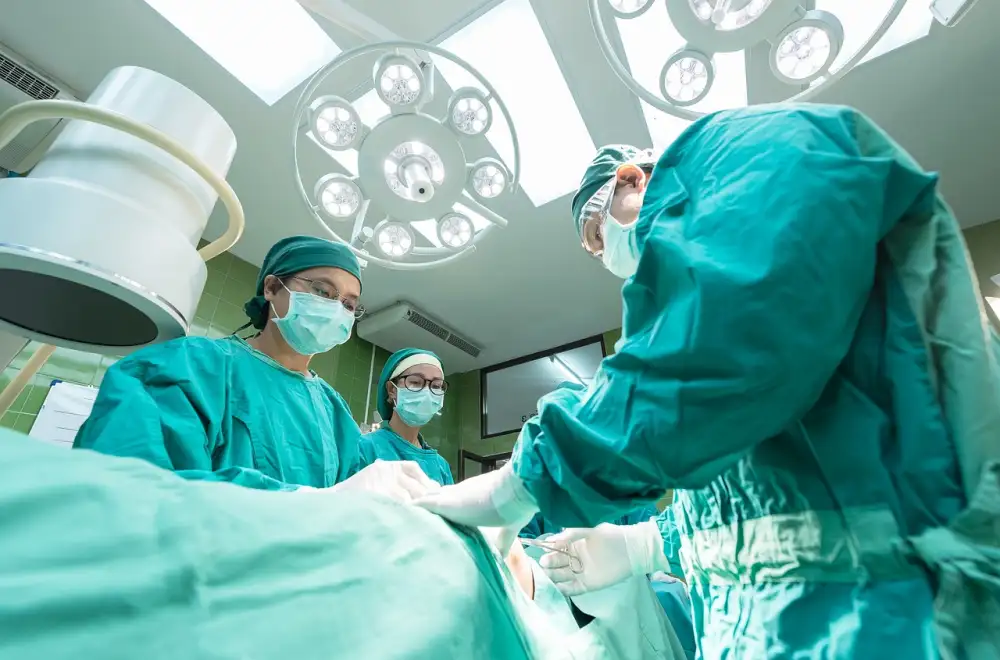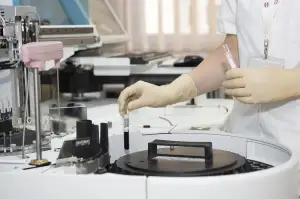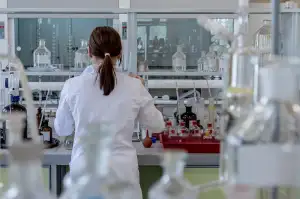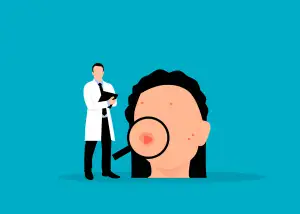Understanding Penis Amputation: What You Need to Know for Optimal Health

Overview of Penis Amputation
Penis amputation, also known as penectomy, is a surgical procedure that involves the partial or complete removal of the penis. This drastic measure is usually considered as a last resort in cases of severe trauma, cancer, infection, or other medical conditions that pose a serious threat to a person's health and well-being. While rare, penis amputation can have significant physical, psychological, and emotional implications for individuals and their families. Understanding the reasons behind this procedure and its potential impact is crucial for optimal health outcomes and support during the recovery process.
Reasons for Penis Amputation
Reasons for penis amputation can vary, with the most common being severe trauma or injury to the genital area. This could result from accidents, burns, or infections that have led to irreversible damage. In some cases, penile cancer may necessitate amputation as a life-saving measure to prevent the spread of cancer cells. Other medical conditions such as gangrene, frostbite, or complications from gender confirmation surgery may also require partial or complete removal of the penis. It is important for individuals facing this procedure to consult with healthcare professionals to understand their specific situation and treatment options.
Surgical Procedure for Penis Amputation
Surgical Procedure for Penis Amputation involves careful planning and precision to ensure optimal outcomes. The procedure is typically performed under general anesthesia to minimize discomfort for the patient. The surgeon will make an incision around the base of the penis, carefully severing blood vessels, nerves, and other tissues. The urethra is then rerouted if necessary for urinary function. Once the amputation is complete, the remaining tissue is closed with sutures to promote healing. Post-operative care includes monitoring for infection and ensuring proper wound healing. Physical therapy may be recommended to aid in recovery and adaptation to any changes in urinary or sexual function.
Recovery Process and Potential Complications
After undergoing penis amputation, the recovery process is crucial for optimal healing and functionality. Patients may experience pain, swelling, and discomfort initially, which can be managed with medication and proper wound care. Potential complications include infection, bleeding, changes in sensation, and scarring. It's important to follow post-operative instructions carefully to reduce the risk of complications and promote a smooth recovery. Regular follow-up appointments with healthcare providers are essential to monitor progress and address any concerns promptly.
Psychological and Emotional Impact
The psychological and emotional impact of penis amputation can be profound. Many individuals experience feelings of shock, grief, anger, and loss following the procedure. The sense of identity tied to one's masculinity may also be challenged. It is essential for individuals to seek support from mental health professionals, counselors, or support groups to navigate these complex emotions. Open communication with loved ones and partners is crucial in addressing any concerns or fears that may arise. Counseling and therapy can help individuals adjust to their new reality and regain a sense of confidence and self-worth.
Follow-up Care and Rehabilitation Options
After undergoing penis amputation, follow-up care and rehabilitation are crucial for optimal recovery. Patients will require regular check-ups with their healthcare provider to monitor healing progress, manage any potential complications, and adjust treatment plans as needed. Rehabilitation options may include physical therapy to improve mobility and function in the pelvic area. Additionally, counseling or support groups can help individuals cope with the emotional impact of the surgery and adjust to any changes in body image or sexual function. It is important for patients to communicate openly with their healthcare team to address any concerns and ensure comprehensive care throughout the recovery process.
Support Resources for Individuals and Families
Support resources for individuals and families facing the challenges of penis amputation are crucial for emotional well-being and overall adjustment. Organizations such as the Amputee Coalition and the American Psychological Association offer counseling services, support groups, and educational materials to help navigate this difficult time. Additionally, seeking out a therapist or mental health professional specializing in trauma and adjustment can provide valuable support. It's important to remember that you are not alone, and reaching out for help is a sign of strength.
Published: 20. 03. 2024
Category: Health



